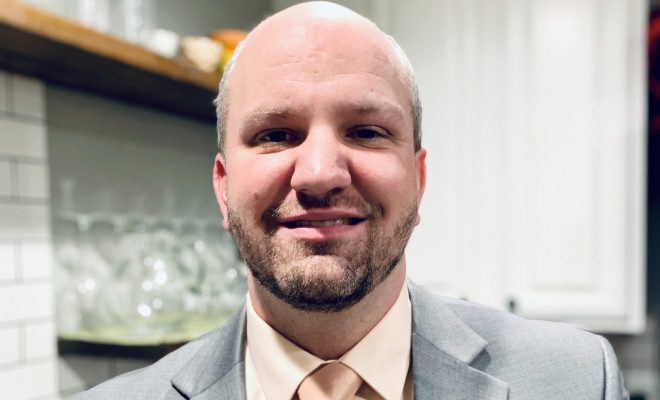How to Become a School Counselor in Maine

In America, today’s school counselors do a lot more than their predecessors. It may be hard to tell from the outside looking in, but they help teachers and staff handle various issues, counsel parents, and sometimes play a crucial part in shaping education policy. They are a pivotal part of the student success equation, and they help schools create supportive and safe environments for students.
Want to become a school counselor in the United States, but want to know how? Don’t worry; the Edvocate has your back. Check out this guide that we created explaining how to become a school counselor in Maine.
Academics: Earned a master’s or a doctorate degree from an accredited institution AND earned a bachelor’s degree from an accredited college or university.
Educational Requirements (For 1-year conditional certificate): Earned a bachelor’s degree from an accredited college or university. Matriculated into a sanctioned program for school counselor education or current enrollment in graduate coursework for school counselor education. Finished a minimum of 24 semester hours of graduate study in school counselor education coursework.
Necessary Courses: Finished a sanctioned course for “Teaching Exceptional Learners in the Regular Classroom,” and candidates must pass pedagogical knowledge assessment at the correct grade level if they did not graduate from a Maine university.
Experience Requirements: None
Assessment: Praxis I (PPST): Reading: 176, Writing: 176, Mathematics: 175; Praxis II: School Guidance Counseling, minimum 570.
Is an Institutional Recommendation Needed?: Yes, must recommend for certification
Licensure: K-12
Licensure Reciprocity: Yes
Criminal Background Investigation: Yes






